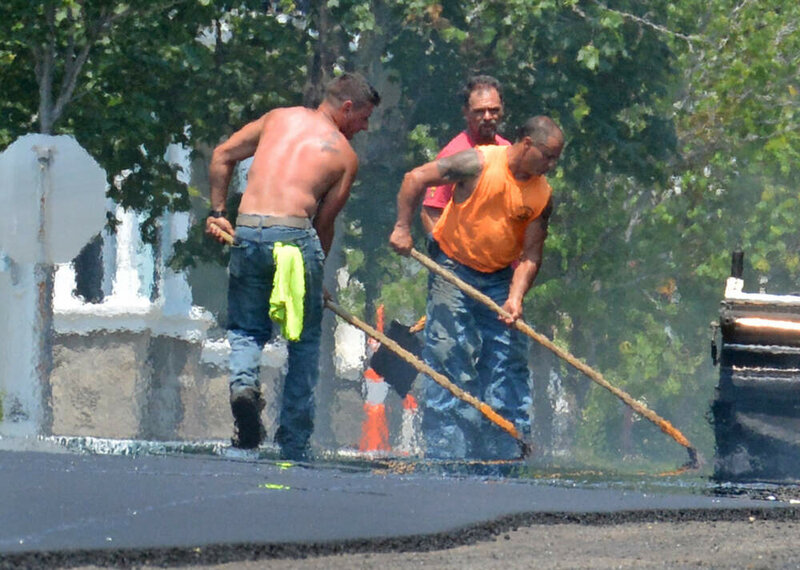A few summers ago, on a hot and muggy evening, an unconscious 74-year-old woman with a history of heart disease and diabetes was brought to the emergency department where Dr. Hillary Irons was working. Irons, a physician with UMass Memorial Health, recalled the woman had a temperature of 102 degrees and a pounding heart.
Her son had found her lying in her bed, unresponsive, after he got home from work. He told Irons that their apartment had a window air conditioning unit, but it was broken.
At the time, the Northeast was in the midst of a heat wave and Irons had already treated several patients that day with varying degrees of dehydration and heat exhaustion. She and her team immediately went about trying to cool the older woman’s body and give her fluids.
“When people have chronic medical conditions, they're in a very delicate balance between everything being OK and things being thrown off,” Irons said.
Many things can throw off that balance, including exposure to heat. When the temperature rises, the human body begins to work overtime to cool itself, increasing the risk of things like heart attacks and organ failure.
The woman didn’t respond to the treatments, and soon her kidneys started to fail. At her family’s request, the hospital staff initiated comfort measures. A few hours later, her heart stopped.
The official cause of death was kidney failure. But did she also die because of the heat?
“It’s hard to say for sure,” Irons said. “But had it not been such a hot and humid day, she might have survived.”
The U.S. Environmental Protection Agency calls heat “the leading weather-related killer in the United States.” On average, it kills about 600 Americans every summer — a number that's expected to rise as climate change fuels more extreme heat waves.



 Climate Change
Climate Change Death
Death


